UNESCO world heritage sites UK: 7 sites making heritage status bids - from Birkenhead Park to York
and live on Freeview channel 276
Seven sites across the UK have received government backing to get UNESCO World Heritage status.
The Department for Culture, Media and Sport (DCMS) have revealed the seven locations on its “tentative list”, with the city of York, Birkenhead Park, an iron age settlement in Scotland and a Marine Park in the Cayman Islands currently in the running. If they are successful they will join the list of the 33 World Heritage sites the UK has to offer.
Advertisement
Hide AdAdvertisement
Hide AdUNESCO World Heritage status gives locations of cultural and natural significance the opportunity to gain international recognition and promote themselves on a global stage. Other impressive accredited locations include the Taj Mahal, Halong Bay and Notre Dame Cathedral.
So, what sites have made the list and how many UNESCO sites are there in the UK? Here’s everything you need to know.
What are the seven sites?
The DCMS revealed the seven sites on its “tentative list” which sets out the locations that will have the best chance of being accredited by UNESCO. Five new sites from across the UK and British overseas territories have been added to the list, meaning there are now seven locations in the running.
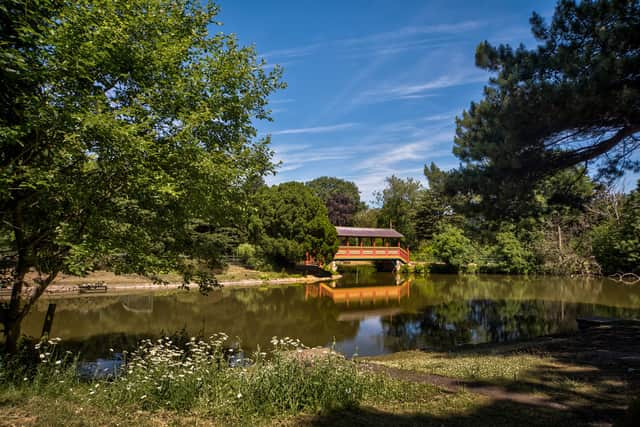

Heritage Minister Lord Parkinson of Whitley Bay said: “Today we are confirming our support for some of the most enchanting heritage sites and breathtaking landscapes in the UK and its overseas territories as they bid for Unesco World Heritage Site status.”
Advertisement
Hide AdAdvertisement
Hide AdHe continued: “All the locations being put forward would be worthy recipients of this accolade – and we will give them our full backing so they can benefit from the international recognition it can bring.”
Here are the seven sites making world heritage status bids:
Birkenhead the People’s Park


Birkenhead Park opened to the public in 1847 as part of a pioneering project to bring green spaces to people in cities. Its success has influenced other famous green spaces, including New York’s Central Park.
East Atlantic Flyway – England East Coast Wetlands
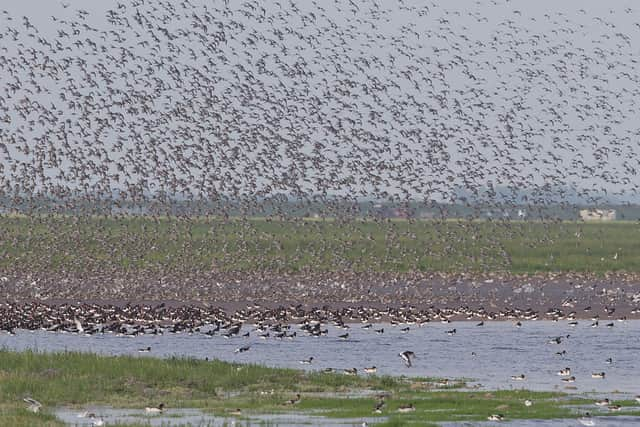

The East Atlantic Flyway is a migratory bird route across western Europe that covers Yorkshire, Lincolnshire, Norfolk, Suffolk, Essex and Kent.
The Flow Country
Advertisement
Hide AdAdvertisement
Hide AdSet in the North of Scotland across Caithness and Sutherland, The Flow Country is a large area of peatland which plays an important role in biodiversity.
Gracehill Moravian Church Settlements
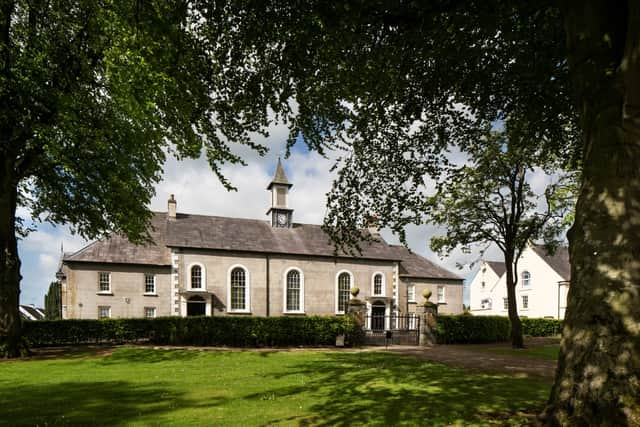

Gracehill Moravian Church is located in Gracehill, County Antrim in Northern Ireland and was founded in 1759.
Little Cayman Marine Parks and Protected Areas, Cayman Islands
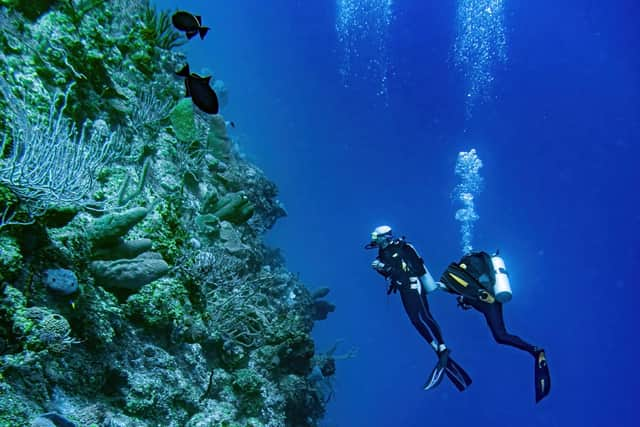

Situated in the overseas territory of the Cayman Islands, the Little Cayman Marine Parks and Protected Areas plays an important part in marine biodiversity.
York
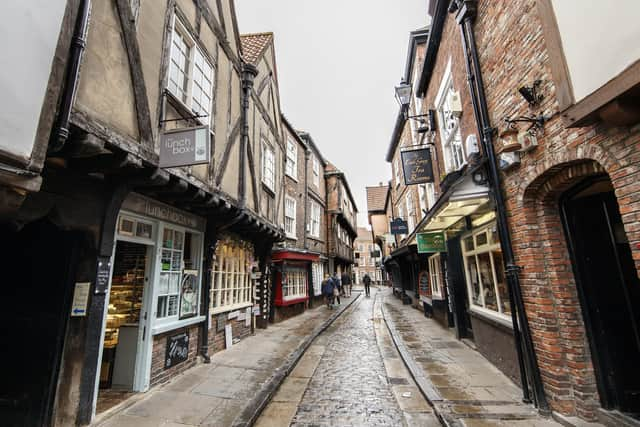

Advertisement
Hide AdAdvertisement
Hide AdThe city of York was founded in 71 AD and boasts a rich history and impressive buildings including its Minster. The city already holds the title for UNESCO City of Media Arts.
The Zenith of Iron Age Shetland, Scotland
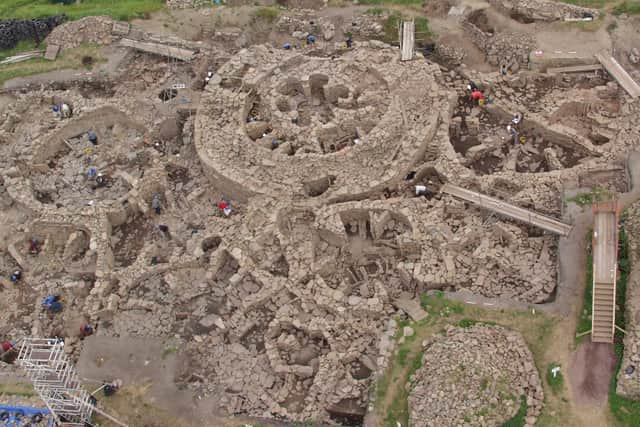

Dating back thousands of years, the Zenith of Iron Age in Shetland is a collection of three ancient settlements.
What have UNESCO said?
UNESCO HM Ambassador Laura Davies commented on the proposed sites, Davies said: “It is great that the UK is contributing to making World Heritage more representative.” She continuted: “These five sites brilliantly reflect the diversity and beauty of the UK and its overseas territories’ natural and cultural heritage, and I look forward to working with them towards World Heritage listing.”
How many UNESCO sites are there in the UK?
There are currently 33 UNESCO world heritage sites in the UK, these are split up into three sections including cultural, natural and mixed cultural/natural. According to gov.uk, here are the 33 UNESCO sites in the UK, along with the dates they received their status.
Cultural Sites
- Blaenavon Industrial Landscape (2000)
- Blenheim Palace (1987)
- Canterbury Cathedral, St Augustine’s Abbey, and St Martin’s Church (1988)
- Castles and Town Walls of King Edward in Gwynedd (1986)
- City of Bath (1987)
- Cornwall and West Devon Mining Landscape (2006)
- Derwent Valley Mills (2001)
- Durham Castle and Cathedral (1986)
- Frontiers of the Roman Empire (1987, 2005, 2008)
- Gorham’s Cave Complex (2016)
- Heart of Neolithic Orkney (1999)
- Historic Town of St George and Related Fortifications, Bermuda (2000)
- Ironbridge Gorge (1986)
- Jodrell Bank Observatory (2019)
- Maritime Greenwich (1997)
- New Lanark (2001)
- Old and New Towns of Edinburgh (1995)
- Palace of Westminster and Westminster Abbey (1987)
- Pontcysyllte Aqueduct and Canal (2009)
- Royal Botanic Gardens, Kew (2003)
- Saltaire (2001)
- Stonehenge, Avebury and Associated Sites (1986)
- Studley Royal Park including the Ruins of Fountains Abbey (1986)
- The English Lake District (2017)
- The Forth Bridge (2015)
- The Great Spa Towns of Europe (2021)
- The Slate Landscape of Northwest Wales (2021)
- Tower of London (1988)
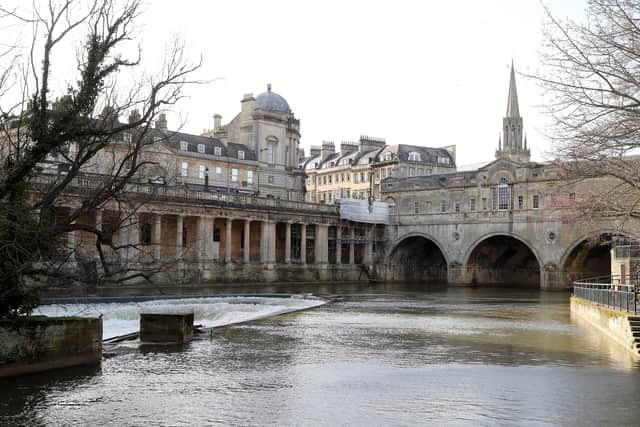

Natural Sites
- Dorset and East Devon Coast (2001)
- Giant’s Causeway and Causeway Coast (1986)
- Gough and Inaccessible Islands (1995, 2004)
- Henderson Island (1988)
Mixed Cultural / Natural
- St Kilda (1986, 2004, 2005)
Comment Guidelines
National World encourages reader discussion on our stories. User feedback, insights and back-and-forth exchanges add a rich layer of context to reporting. Please review our Community Guidelines before commenting.
